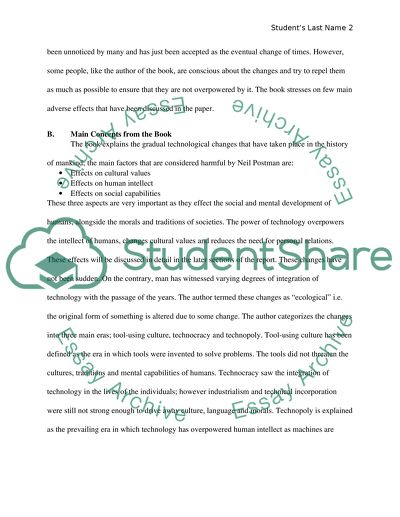Cite this document
(“Researching a Critical Social Issue in Computerization Term Paper”, n.d.)
Retrieved from https://studentshare.org/environmental-studies/1407488-researching-a-critical-social-issue-in
Retrieved from https://studentshare.org/environmental-studies/1407488-researching-a-critical-social-issue-in
(Researching a Critical Social Issue in Computerization Term Paper)
https://studentshare.org/environmental-studies/1407488-researching-a-critical-social-issue-in.
https://studentshare.org/environmental-studies/1407488-researching-a-critical-social-issue-in.
“Researching a Critical Social Issue in Computerization Term Paper”, n.d. https://studentshare.org/environmental-studies/1407488-researching-a-critical-social-issue-in.


